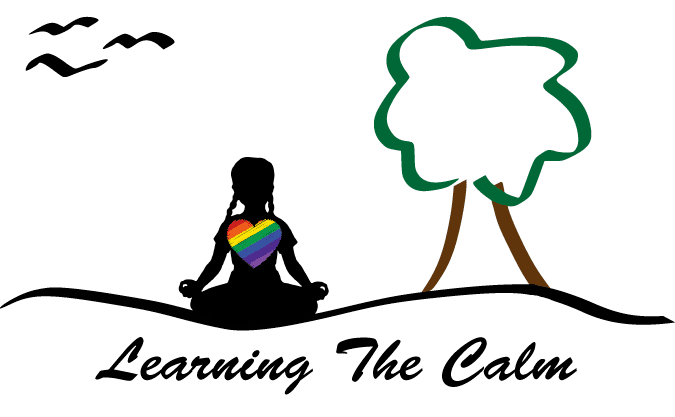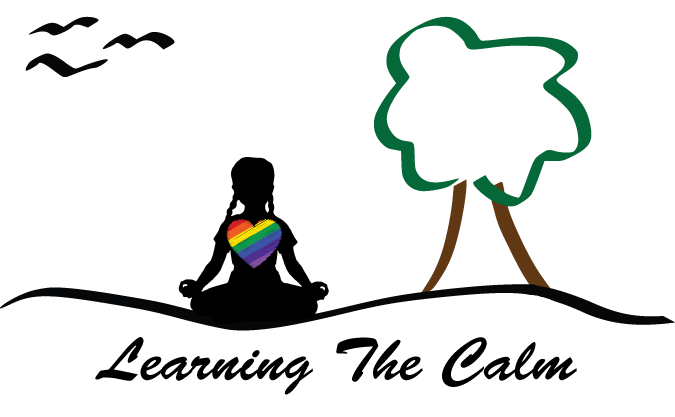The Advantages of Using Yoga and Mindfulness with Preschoolers
The Advantages of Using Yoga and Mindfulness with Preschoolers
Preschoolers are at a stage in their development where they are rapidly acquiring new skills, emotions, and experiences. In this critical period, it’s essential to provide them with tools to navigate the challenges of early childhood while fostering their physical, emotional, and cognitive growth. Yoga and mindfulness practices have emerged as valuable tools for achieving these goals.
In my 7+ years as a Preschool Teacher, I’ve always loved and excelled at teaching youngsters’ social-emotional skills through modeling, as well as using curricula such as Second Step and Conscious Discipline. Often, I learn as much about myself as a person and teacher, as the children do—we learn together and from each other. But when COVID-19 hit our world and my job as a Preschool Teacher turned upside down, I turned to online yoga classes to improve my mental and physical health. I quickly realized the benefits I received from this and knew I needed to share this with my students. So in 2022 I became certified to teach yoga, mindfulness, and social-emotional learning to both children and adults, and immediately began teaching children’s classes at my current school. I’ve been leading these classes for more than a year now, and have expanded to include several schools in the greater Denver, CO area. This article will explore the advantages of incorporating yoga and mindfulness in preschool curricula, supported by relevant research, evidence, and real-life examples.
1. Enhanced Emotional Regulation
Preschoolers often struggle with understanding and managing their emotions. And let’s be honest, so do a lot of adults. Learning to become aware of and express our feelings in socially appropriate ways are skills many of us weren’t necessarily taught as children. But research indicates that yoga and mindfulness can help develop these skills, and can be adapted to suit students of almost any age.
A study published in the journal “Developmental Psychology” found that preschoolers who participated in a mindfulness-based program showed significant improvements in emotion regulation compared to those who did not (Riggs, M. S., & Greenberg, M. T., 2009). Through breathing exercises and simple meditation techniques, young children can learn to recognize and control their emotions, leading to improved self-regulation and a better understanding of their feelings. What a wonderful gift for a young child to have and nurture throughout their lives!
2. Improved Concentration and Attention
Another significant advantage of incorporating yoga and mindfulness into preschool activities is the enhancement of concentration and attention span. A study conducted by Diamond and Lee (2011) and published in the “Developmental Science Journal” demonstrated that regular yoga practice positively influenced executive functions, including attention and working memory, in preschool-aged children. These skills are crucial for academic success and overall cognitive development.
In my classes, I use a variety of different mindfulness techniques, often incorporating visual aids. Calm bottles, sending thankful thoughts and expressing gratitude to ourselves and others, and going to a peaceful place in our minds are all strategies we use to help increase focus. In the process, they also increase social awareness and decision-making skills by encouraging positive outcomes.
3. Physical Health and Coordination
Yoga involves a range of physical movements and poses that promote flexibility, strength, and coordination. Engaging preschoolers in yoga exercises can help improve their physical health, motor skills, and self-confidence. Research published in the “International Journal of Yoga” suggests that yoga practice in preschoolers can lead to improved balance, posture, and motor development (Rao, S. S., & Andrade, C., 2011). These physical benefits can have long-term implications for a child’s overall well-being and physical fitness.
Yoga can be adapted to be performed by any body, no matter their physical abilities or perceived limitations. I’ve taught children as young as 1yr, and many are perfectly capable of downward dogs and cat/cows. Learning how our bodies move in space and around others is an important skill in developing pro-social relationships, in addition to physical preparation for any sport.
4. Stress Reduction
Preschoolers are not immune to stress, and they often encounter situations that can be overwhelming. As adults, we often think that young children at play are carefree and always in the present. But when we really listen, they tell us otherwise.
In my preschool yoga and mindfulness classes, I frequently ask participants “How are you feeling?” This helps them begin to understand how moving their bodies and using their breath can change how they’re feeling in a positive way. There’s almost always at least one child that responds, “I miss my Mommy,” or “I’m worried about my friend/sister/Grammy.” They hear and see how we react to stress, and mimic those behaviors.
A study in the “Journal of Child and Family Studies” found that preschoolers who participated in a mindfulness program showed reduced levels of anxiety and improved coping skills (Semple, R. J., Lee, J., Rosa, D., & Miller, L. F., 2010). Mindfulness practices, such as deep breathing and guided meditation, can provide preschoolers with valuable tools to manage stress and anxiety. By learning to calm their minds and bodies and be more in the present moment, preschoolers can better navigate stressful situations.
5. Social and Emotional Learning
Yoga and mindfulness also contribute to the development of social and emotional skills in preschoolers. These practices encourage empathy, cooperation, and self-awareness.
A study published in “Early Childhood Research Quarterly” showed that preschoolers who participated in a yoga-based program exhibited increased social competence and emotional intelligence (Butzer, B., Day, D., Potts, A., Ryan, C., Coulombe, S., & Davies, B., 2015). These skills are essential for building positive relationships and effectively communicating with peers and adults.
CASEL (The Collaborative for Academic, Social, and Emotional Learning) is the source of national Pre-K through grade 12 SEL learning standards. CASEL’s core competencies are:
- Self-Awareness - Recognizing one’s emotions and values, as well as one’s strengths and limitations
- Self-Management - Managing emotions and behaviors to achieve one’s goals
- Responsible Decision Making - making ethical, constructive choices about personal and social behavior
- Relationship Skills - Forming positive relationships, working in teams, dealing effectively with conflict
- Social Awareness - Showing understanding and empathy for others
Incorporating one or more of these competencies into a yoga or mindfulness practice can be quite simple. A two-word check-in or internal weather report helps students practice self-awareness. Deep breathing exercises can be used as a self-management tool. Relationship skills, social awareness, and responsible decision-making skills can be accomplished through partner and group poses, as well as encouraging students to choose and/or lead activities for themselves and the group.
Conclusion
Incorporating yoga and mindfulness into preschool education offers numerous advantages for the physical, emotional, and cognitive development of young children. The research cited in this article highlights the positive impact of these practices on emotional regulation, attention span, physical health, stress reduction, and social-emotional learning. And I can tell you from personal experience that when you have enthusiastic caregivers who believe in and model these behaviors, both kids and parents love it. By integrating yoga and mindfulness into preschool curricula, educators can empower children with valuable life skills that will benefit them throughout their lives, setting a strong foundation for their overall well-being and success.


